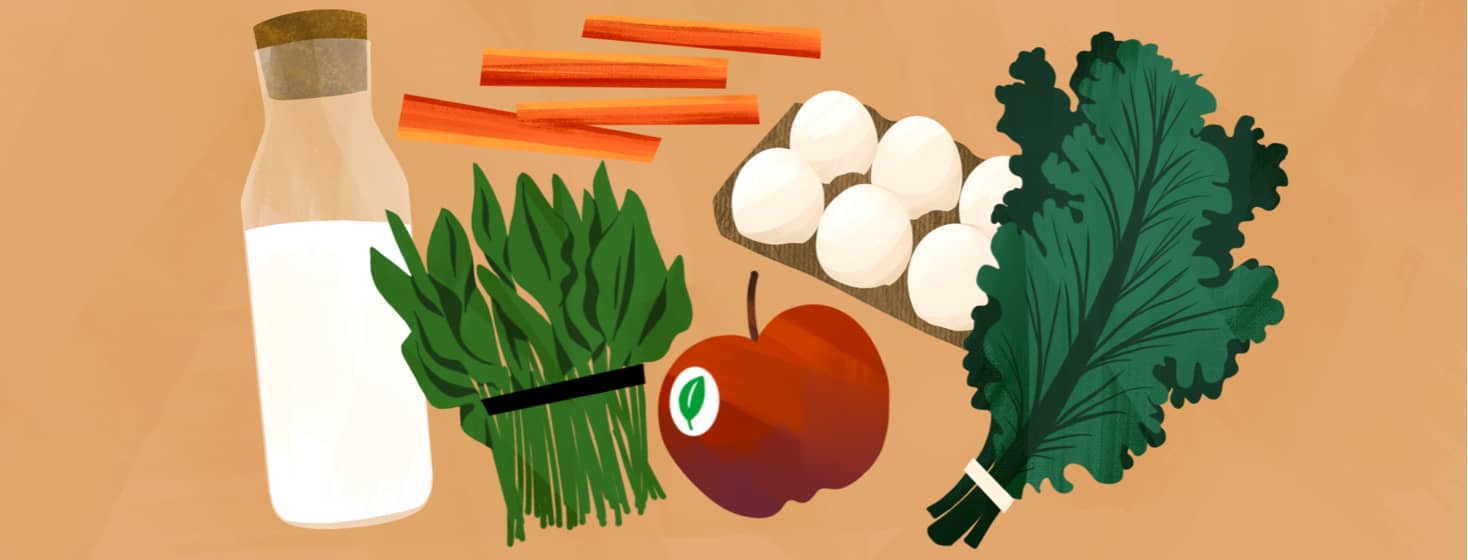Myopic Macular Degeneration: When Diet Can't Help
I have found a benefit of aging through the words of Sir Francis Bacon in his work, 'Meditationes Sacrae', published in 1597: “Knowledge itself is power.” I certainly find myself constantly searching for information, no matter what the circumstances.
These days, the power of Google makes that effort easier. With just a few keystrokes you can ultimately find answers to just about any query you have. It’s also important to note that the answers may need to be filtered through for any semblance of accuracy.
Clarity
When initially diagnosed with myopic macular degeneration, I dutifully “Googled” the condition, and obtained any and all information from my retinal specialist. Through both of these directions, I got some clarity on my diagnosis.
I learned that myopic macular degeneration and age-related macular degeneration share many of the same symptoms. With age-related macular degeneration, there are the “dry” and “wet” categories to be aware of. When “dry” turns “wet”, the similarities to MMD (myopic macular degeneration) begin.
Treatment for both of these ailments ultimately comes down to injections to curtail the intermediate bleeding of the blood vessels that cause alterations in vision.
Myopic diet
All the information I compiled suggested that diet matters if you are diagnosed with age-related macular degeneration.
Plant-based oils, nuts, and seeds have zinc and vitamin E. Fruits, bell peppers, and tomatoes as well as leafy greens have vitamin C. Lutein and zeaxanthin are in spinach, kale, broccoli, leafy greens, kiwi, grapes, and squash. These sources of healthy foods are a proven asset to those dealing with this age-related macular degeneration.
Unfortunately, we currently have no proof that this is the case with myopic macular degeneration in adults. The main culprit for this diagnosis, my nemesis, is severe nearsightedness. The eye itself becomes so stretched, then blood vessels begin to leak, causing my altered vision.
It's unlikely that any nutritional additives will help hinder its progress at this stage. It's genetics at its best, or maybe worst. I think the phrase that best says it all is this: “It is what it is.”
Moving forward
After getting over the disappointment of realizing there is no myopic diet to save my eyes, I had a revelation. Having had a constant challenge over the years with my weight, I recently discovered a riveting course for me. This new course sounded like something I could really do.
Following this new regimen will enhance my overall health and help me ultimately lose weight. The menus included an interesting and familiar list of foods. It is a diet rich in spinach, broccoli, kale, squash, nuts, healthy oils, and eggs, complete with a full menu of vitamin E and vitamin C. Thus, creating a full plate of colorful and nutritionally sound foods.
There it was, the very same guidance for age-related macular degeneration, staring me straight in the face. It may not benefit my MMD, but I certainly feel so much better.

Join the conversation